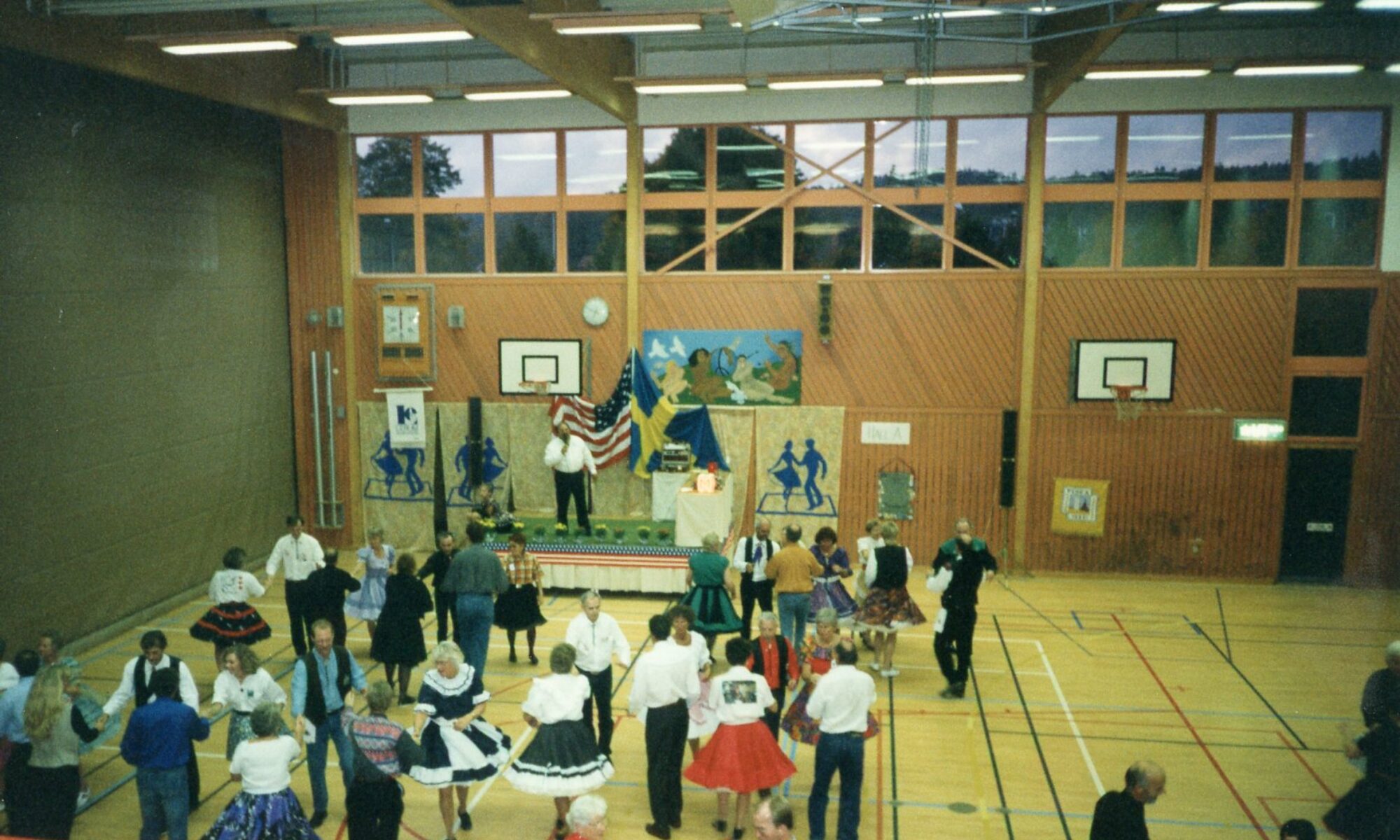Jason King, a participant for the Collegeville Institute’s 2014 workshop A Broader general public: Writing on Religion for a Secular readers , not too long ago published research of intimate actions at Catholic universities and colleges: religion with Benefits: Hookup traditions on Catholic Campuses (Oxford institution hit, 2017).
Within this interview, Laura Kelly Fanucci talks with King about their newer publication and exactly how today’s college students are navigating choices concerning “hookup culture” of sexual intercourse without expectation of willpower. The expression “hooking right up” is deliberately uncertain, as King covers below, starting from flirting or kissing to intimate intercourse—leading to a wide range of views and sub-cultures around sex and connections on school campuses.
Exactly what initially considering you in the subject matter of hookup tradition as a site of relationships between sexuality and spirituality?
As I was still in grad school, Donna Freitas and that I had been taking into consideration the connections we were in at that time and decided to manage a speech on Christianity and online dating. This resulted in a paper on the theology of online dating that resulted in a book . We started training guides on relationship and relationships. Children were looking for functional recommendations, and so I began paying attention to them explore her problems to locate great relations.
Donna continued to create Intercourse and the Soul about hookup lifestyle, which aided me obtain an improved feeling of that which was taking place on campuses. Religion have a funny role contained in this books, nevertheless. In the one-hand, highly spiritual youngsters tended to not ever hook up and wound up from the fringes of personal lifestyle. Having said that, setting up is exactly the same on Catholic campuses since it ended up being every-where else. Therefore, the religious identity of an institution of advanced schooling did actually have no results.
As I pried in to the information, though, i discovered the examples of Catholic children and Catholic campuses restricted. So my personal task were to take a look at a lot more youngsters on more campuses: over 1,000 on 26 various Catholic campuses. Exactly why do you imagine pupils on notably Catholic campuses bring lower prices of starting up, and even though they feel the university possess a stereotypical hookup heritage? Do you know the implications for students?
More children don’t like anonymous or haphazard hookups. One trusted cause of regret after a hookup was hooking up with someone they just found. This suggests that college students wish a hookup having some meaning or hookup. (Part of it is also a desire to ensure that the hookup is safe.) My personal quantitative information and interview right back this right up: almost every student asserted that they wouldn’t like connecting. They desired the hookup to mean anything, and therefore it needed to be with some one they understood, trustworthy, and comprise no less than www.besthookupwebsites.org/android/ rather interested in.
On primarily Catholic campuses, the Catholic lifestyle offered a connection that improve pupils’ information, rely on, and interest in each other. Notably Catholic campuses did not have this common traditions. These campuses are usually one of two type: either huge urban universities or small rural colleges founded by women’s spiritual instructions. While different on the surface, they might be close in objective: both informed marginalized, frequently economically vulnerable, communities.
The result is why these somewhat Catholic campuses generally have the essential religious and racial assortment. While positive, and also this means that these associations find it difficult to have actually a typical customs binding pupils together. A thick Catholic heritage, like those at extremely and typically Catholic campuses, cannot unite this assortment of children. (I would personally argue that these associations possess a powerful Catholic personality, but it is hardly ever seen as these types of because it is centered around services and ministry and never explicit spiritual activity. When you look at the book, We call it an “accompaniment Catholicism,” borrowing the phrase from Pope Francis.)
Without a typical heritage or other aspects cultivating connectivity between college students, pupils were reluctant to get together with each other. They discover that university students connect and think it is occurring on the university, however they believe that they and their group of company aren’t part of they. Without a culture assisting hookup between college students that would make it possible for students understand, trust, and turn into into both, more people prevent hooking up.
